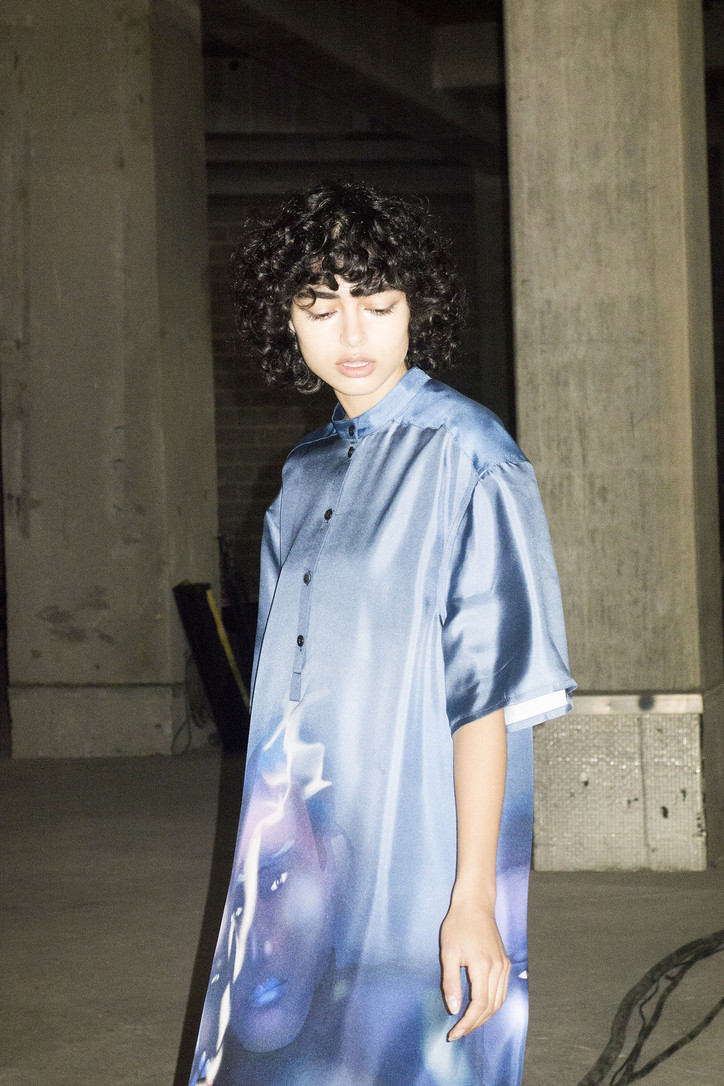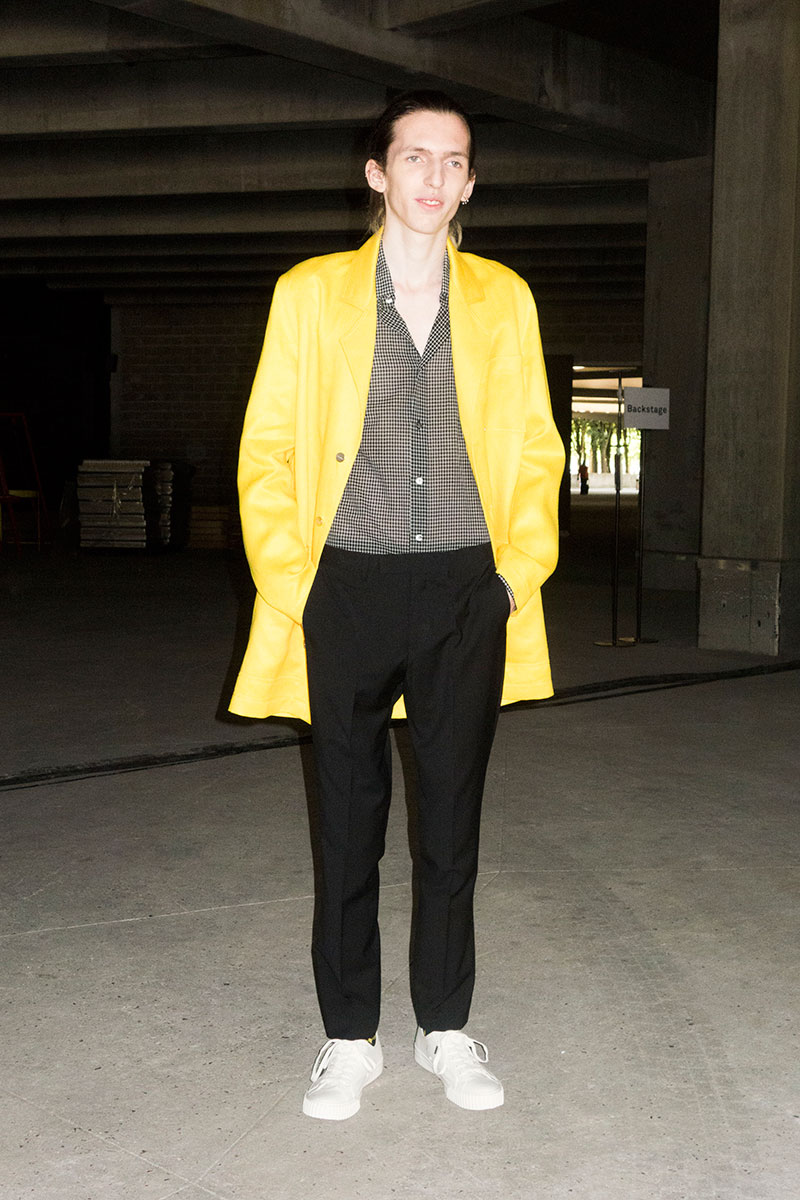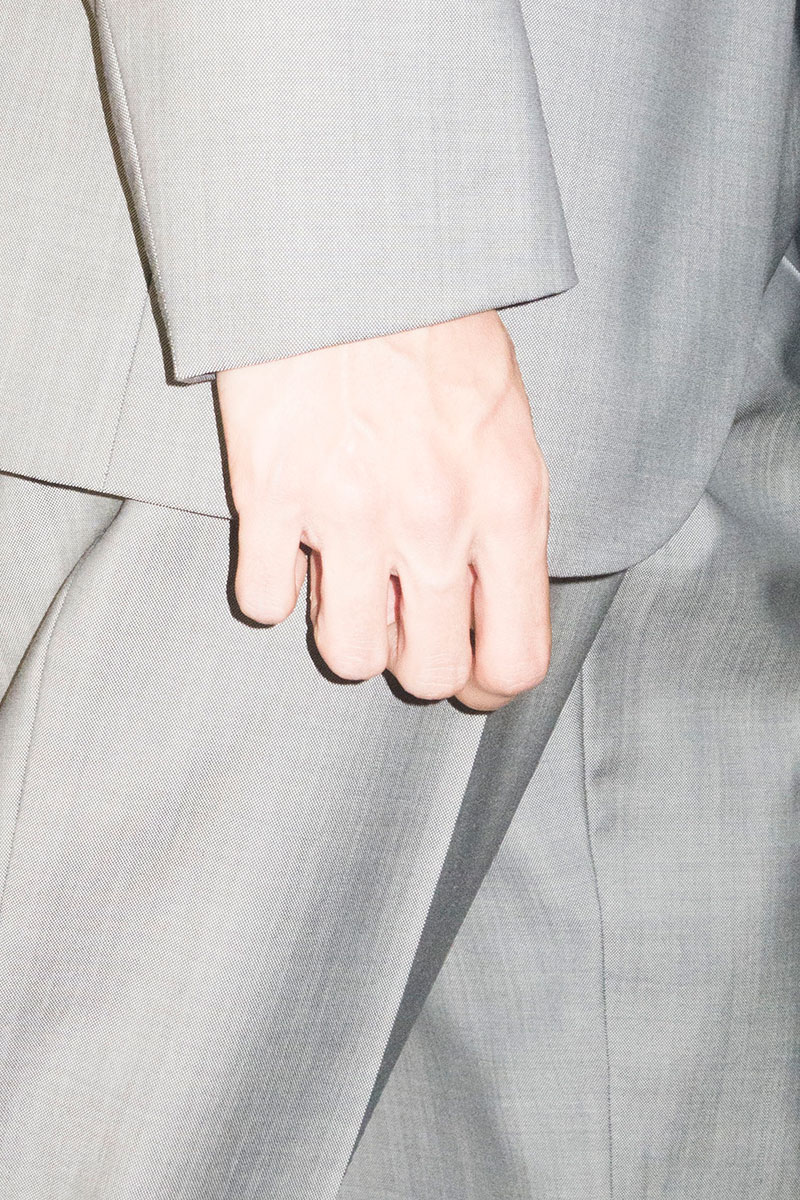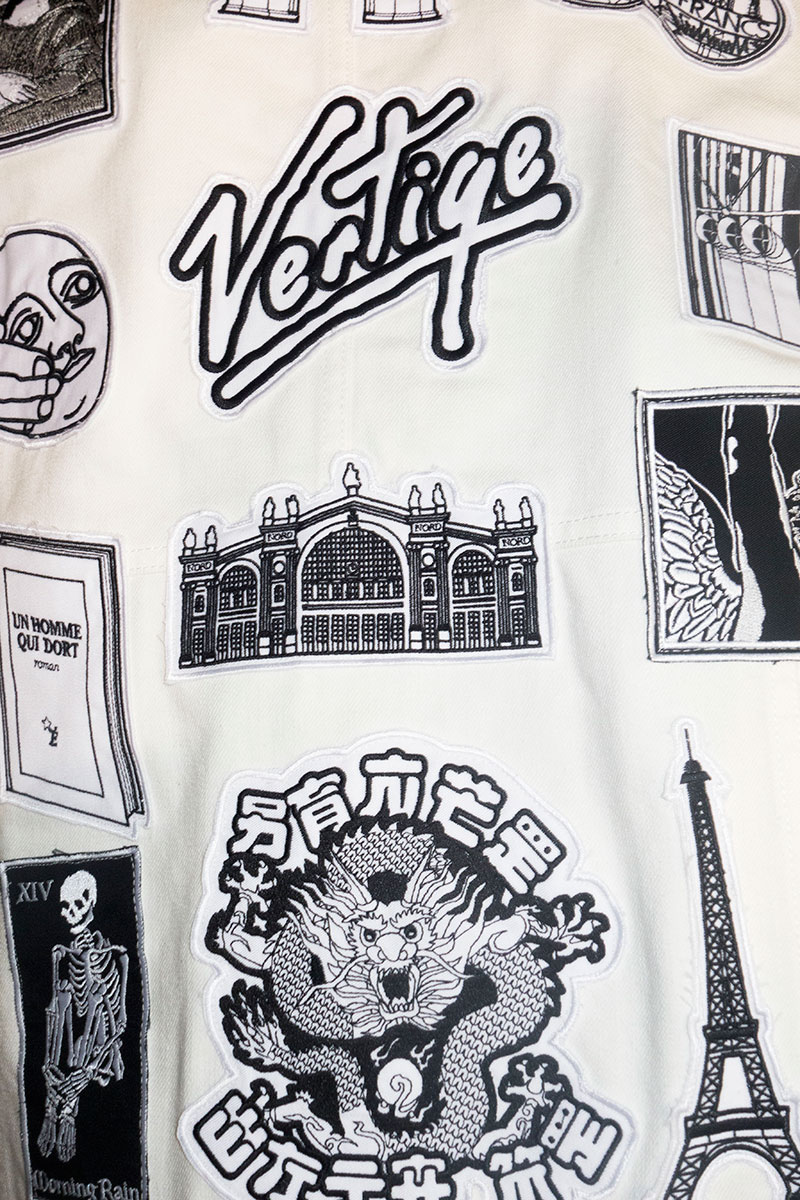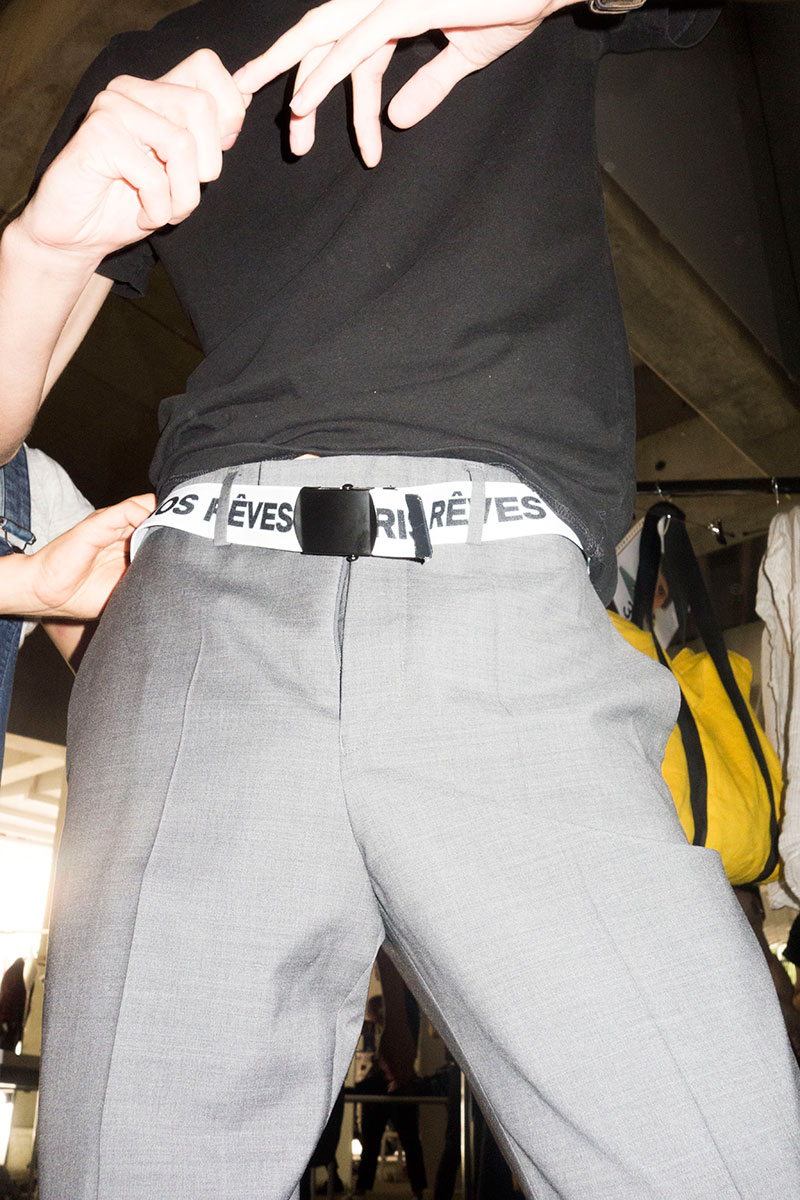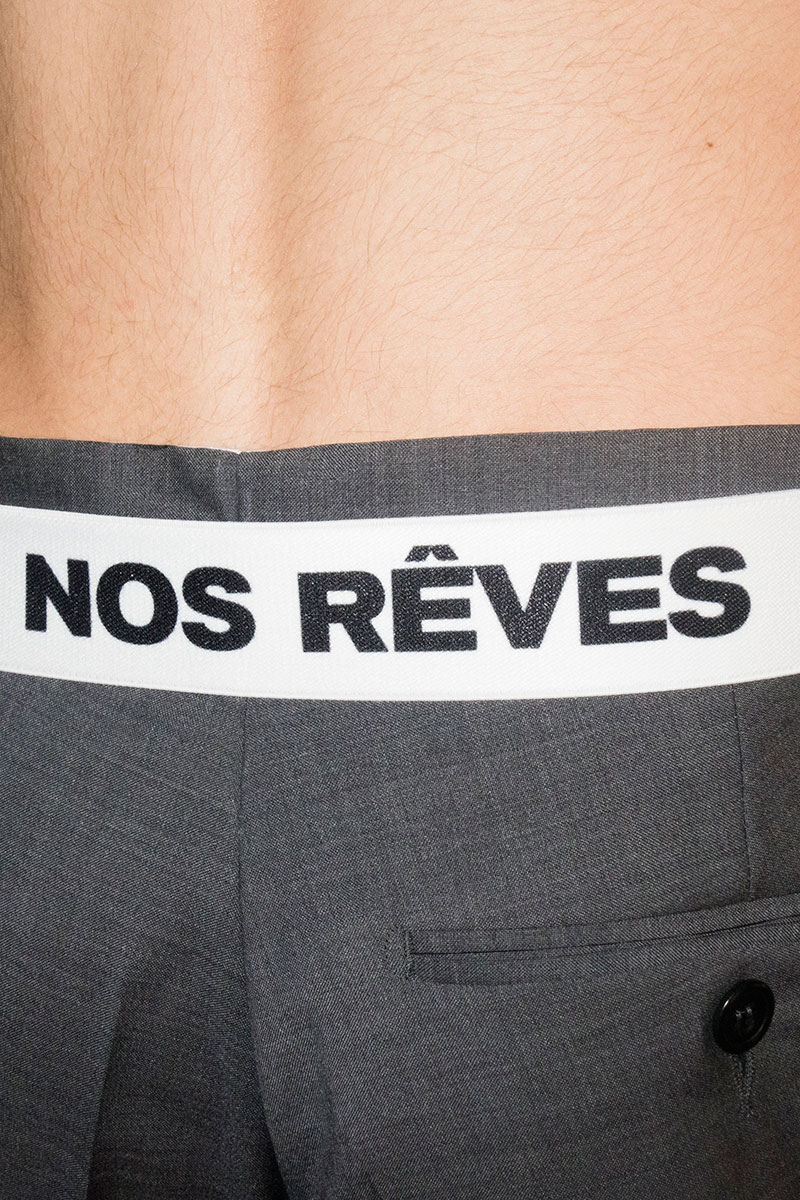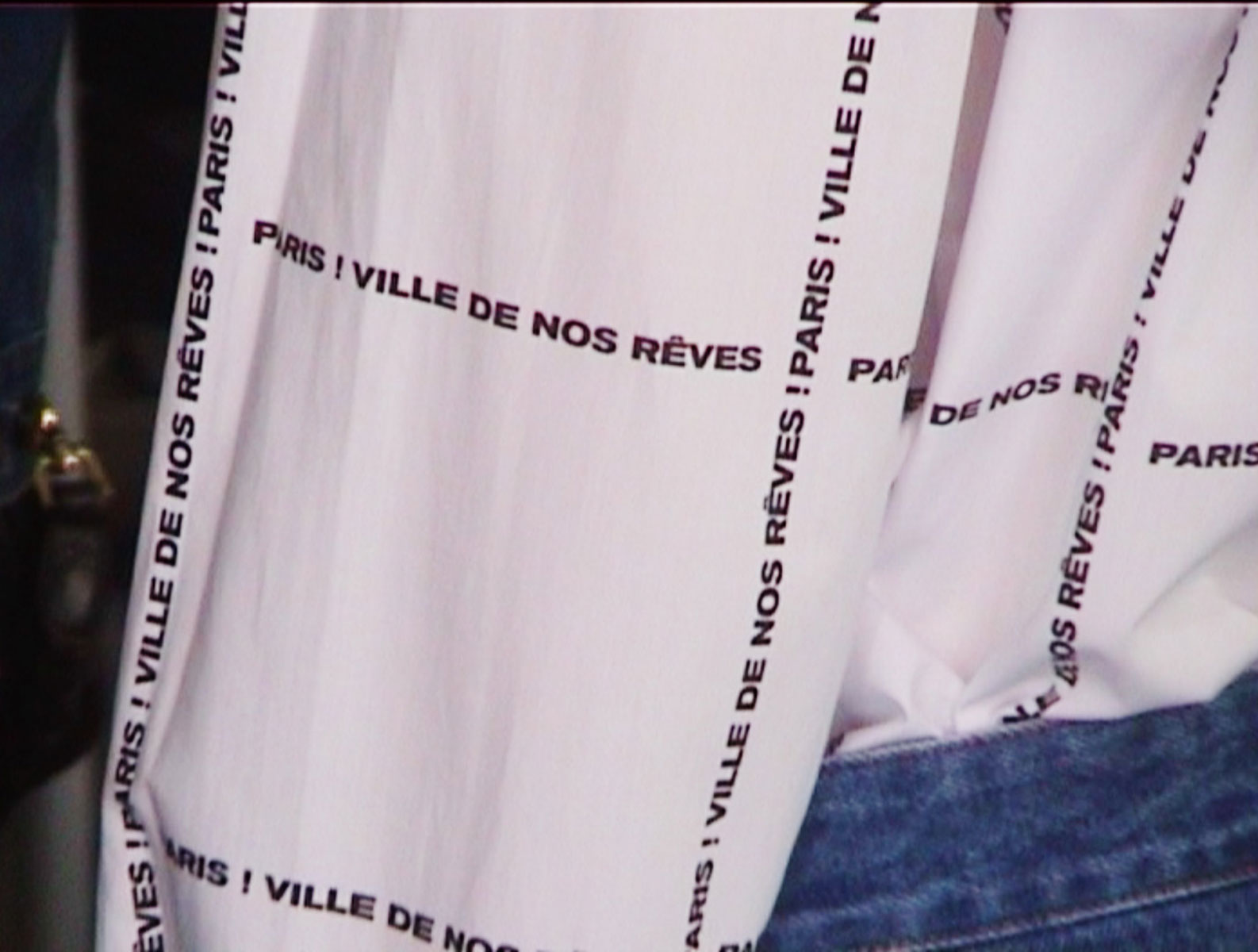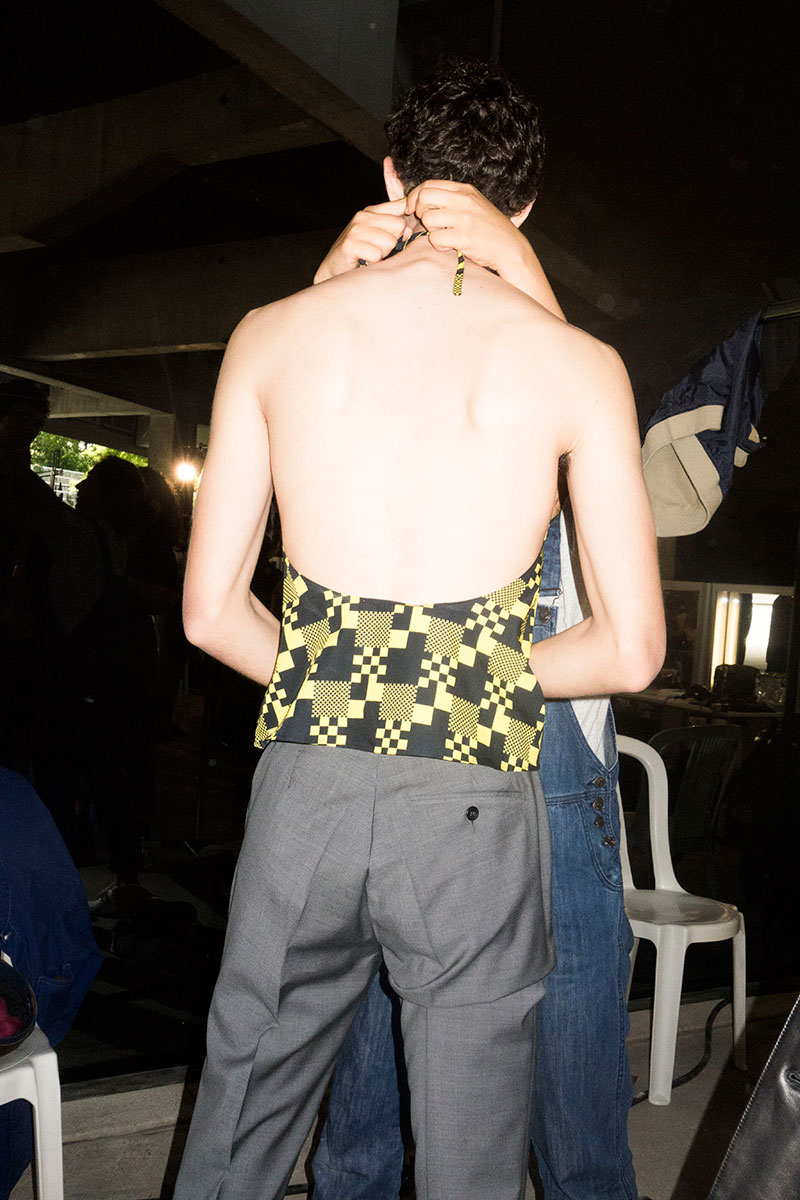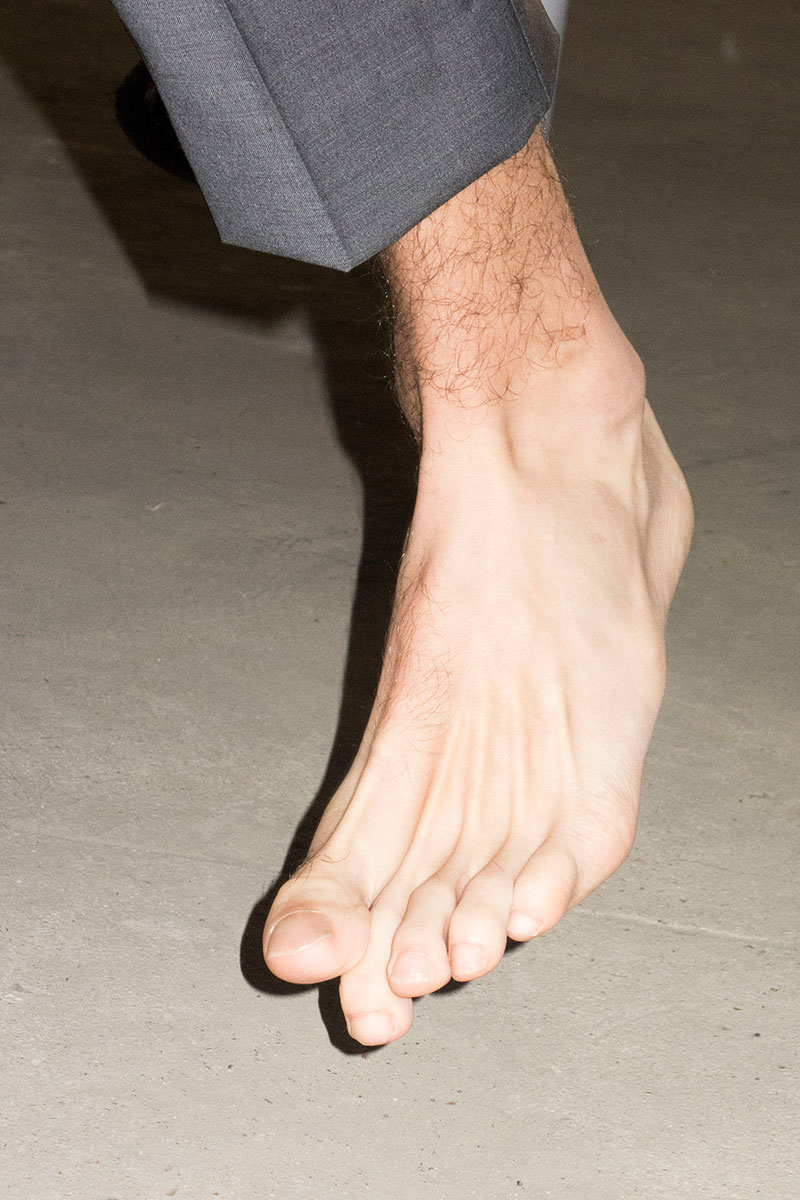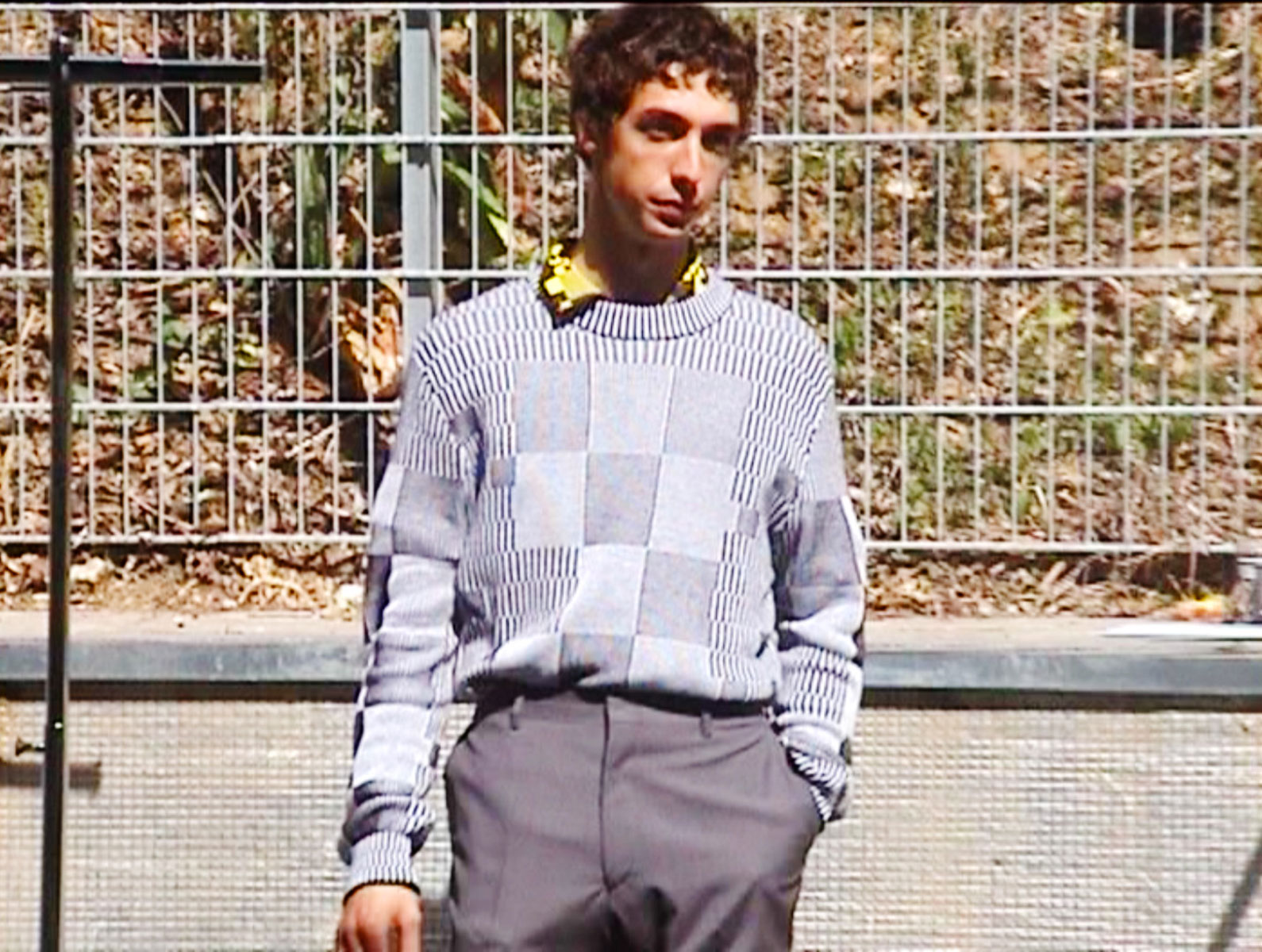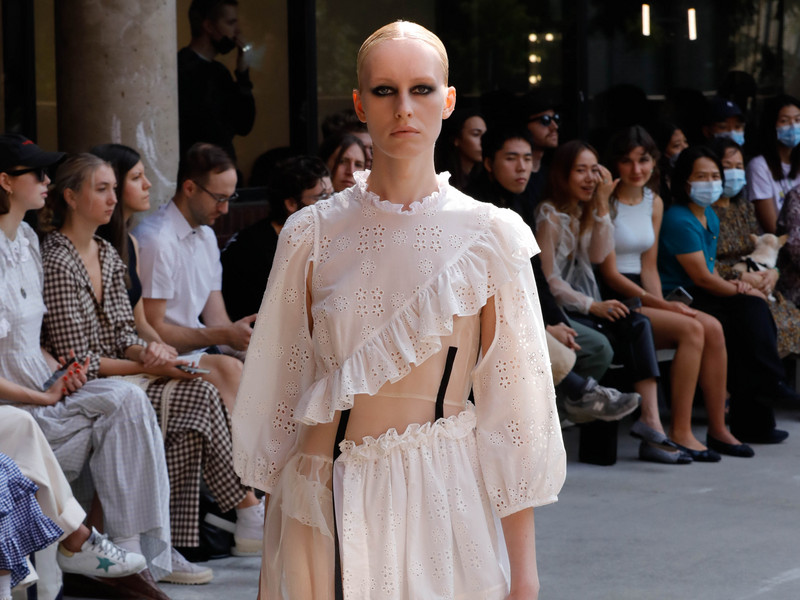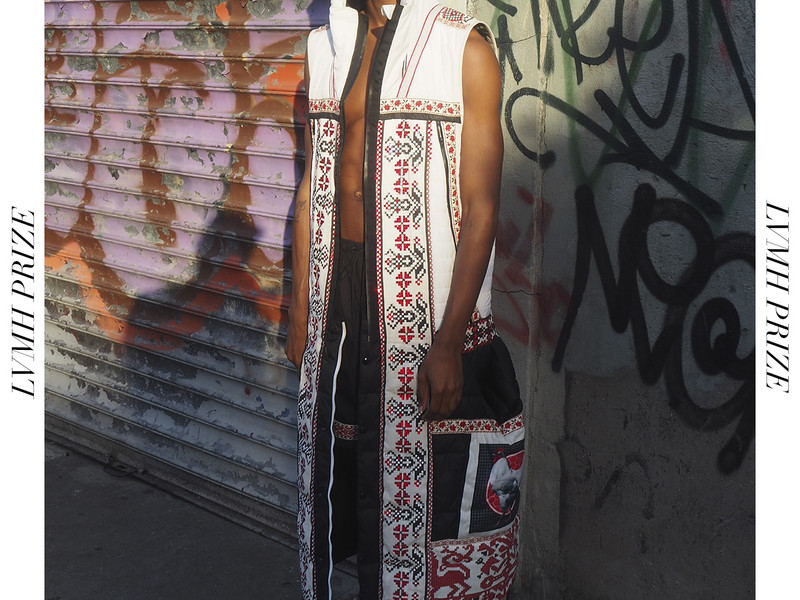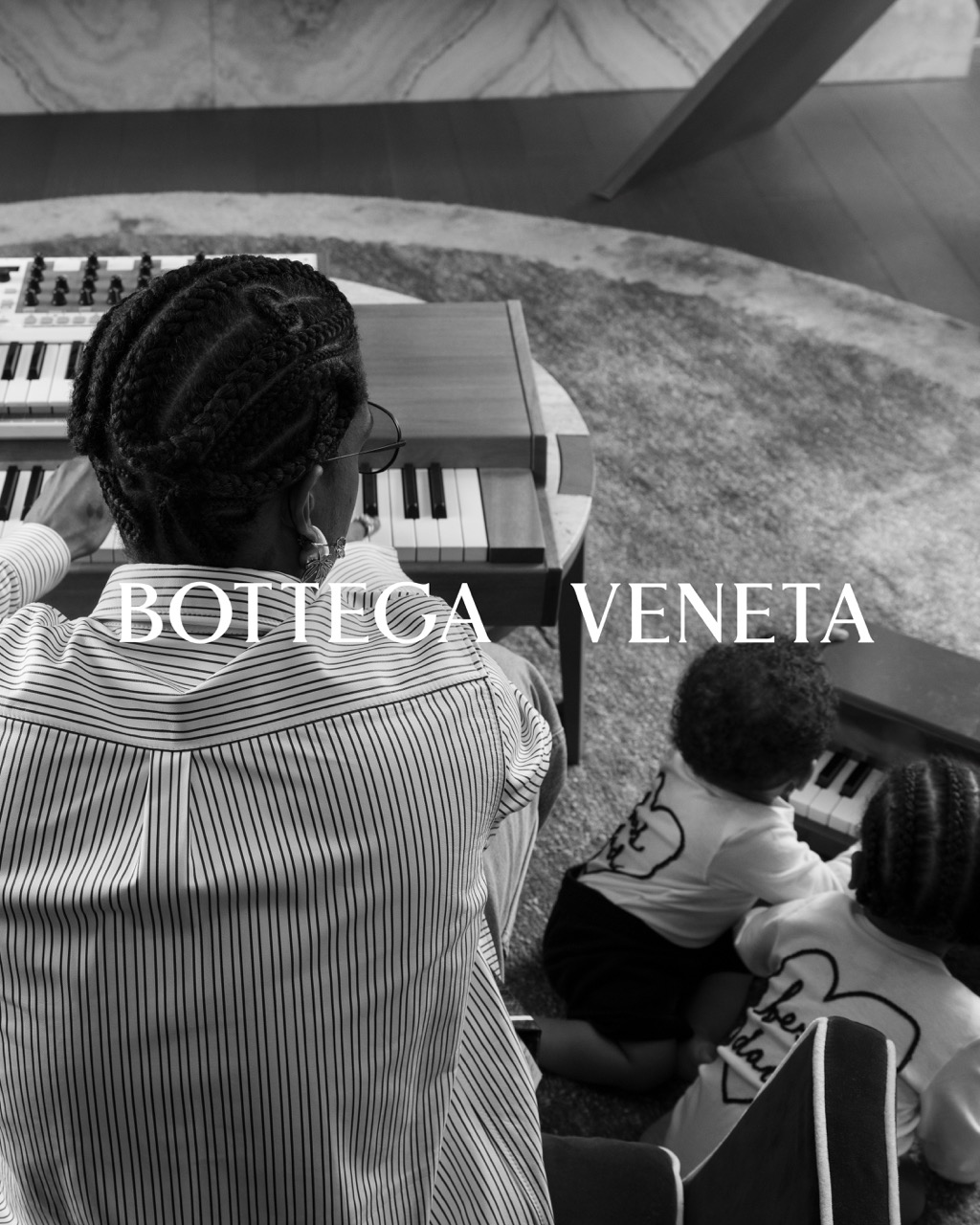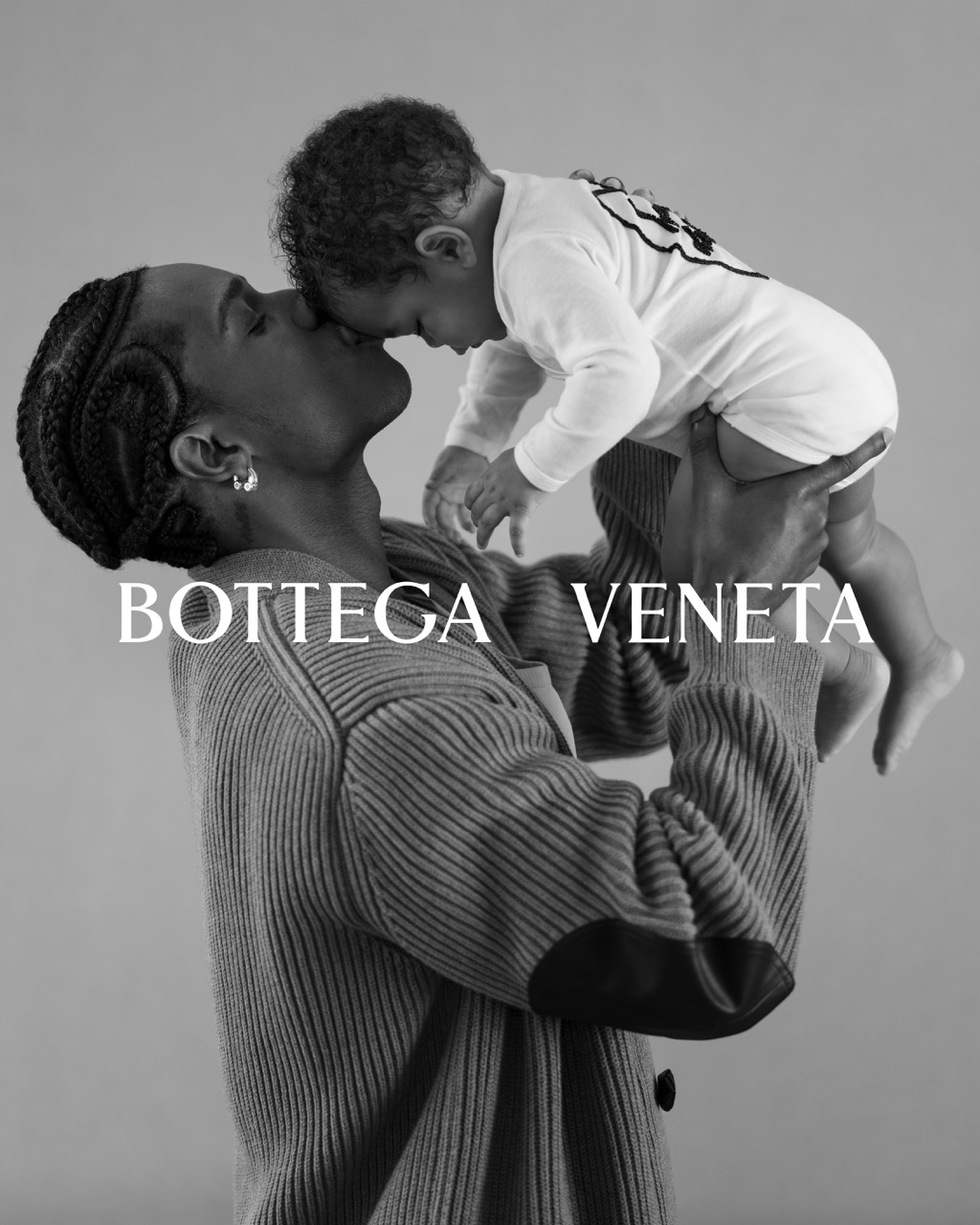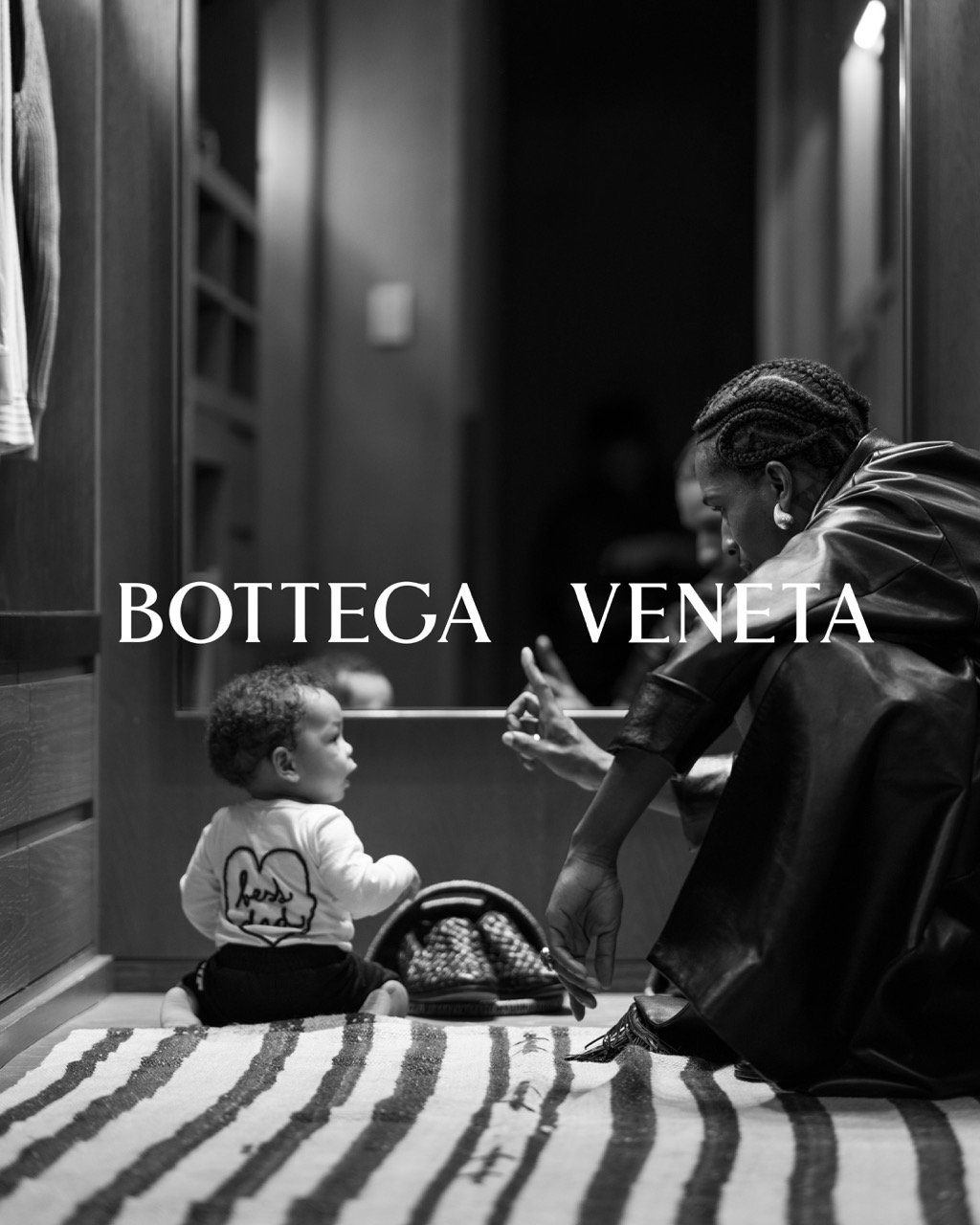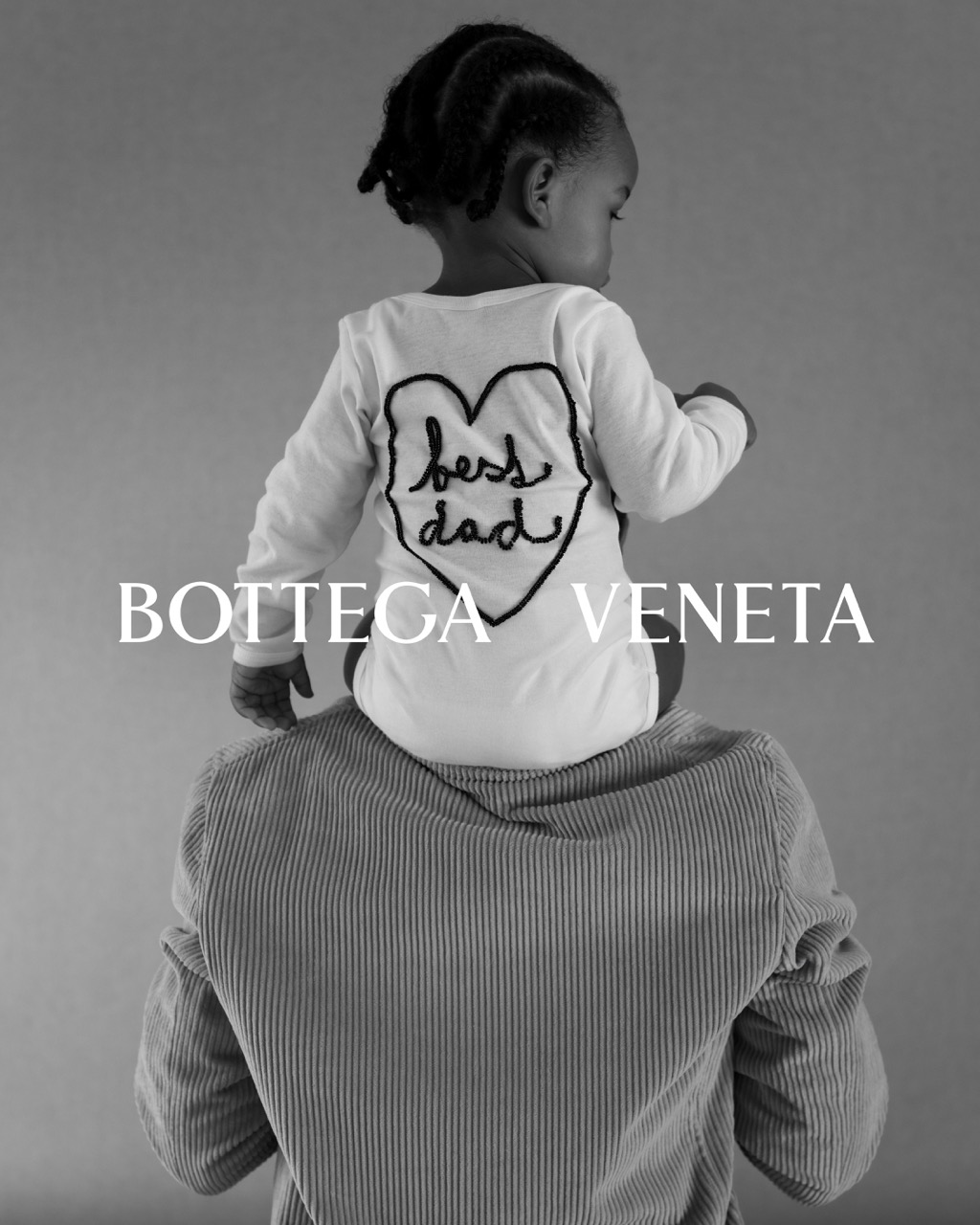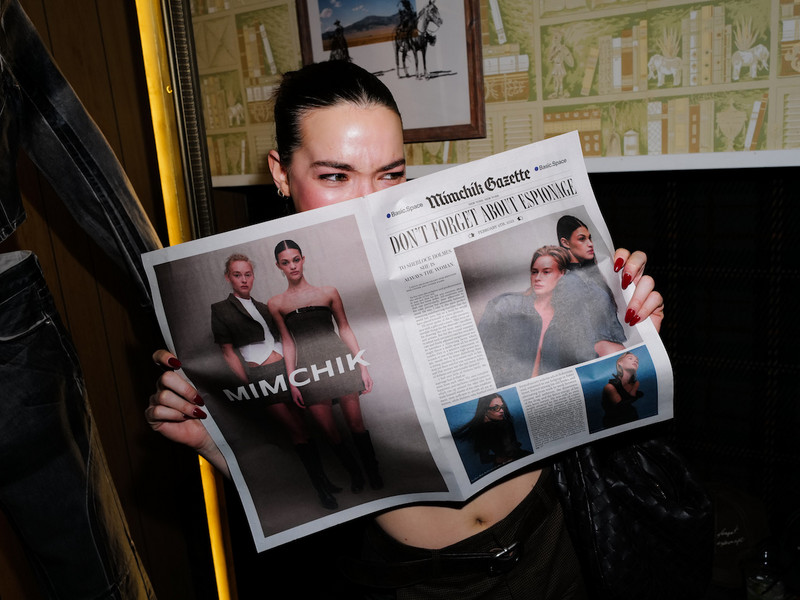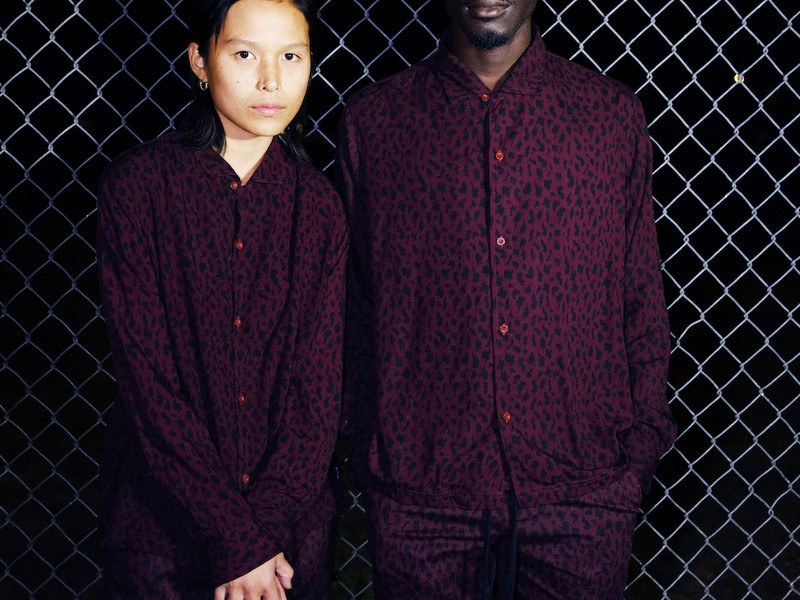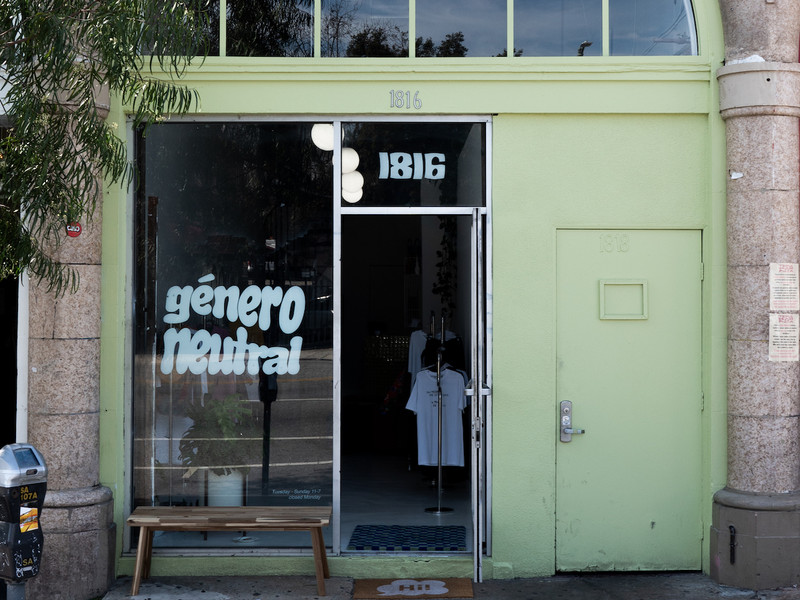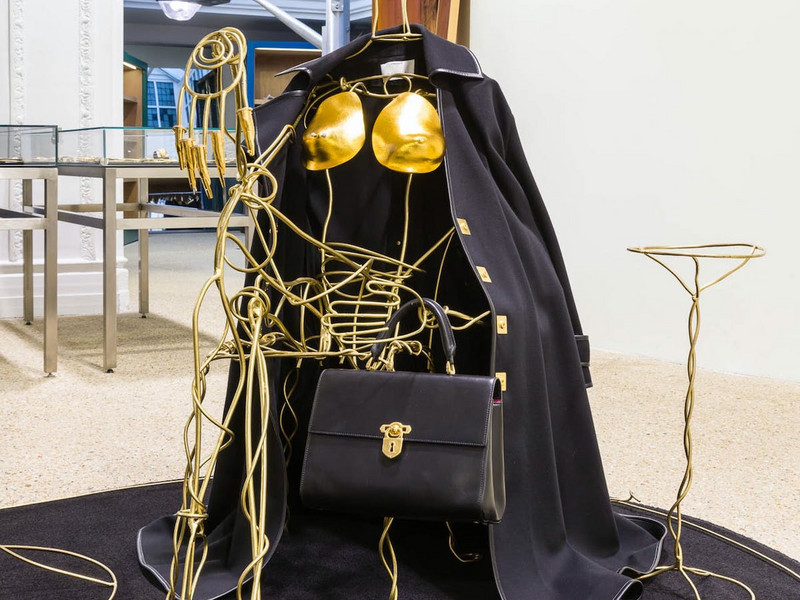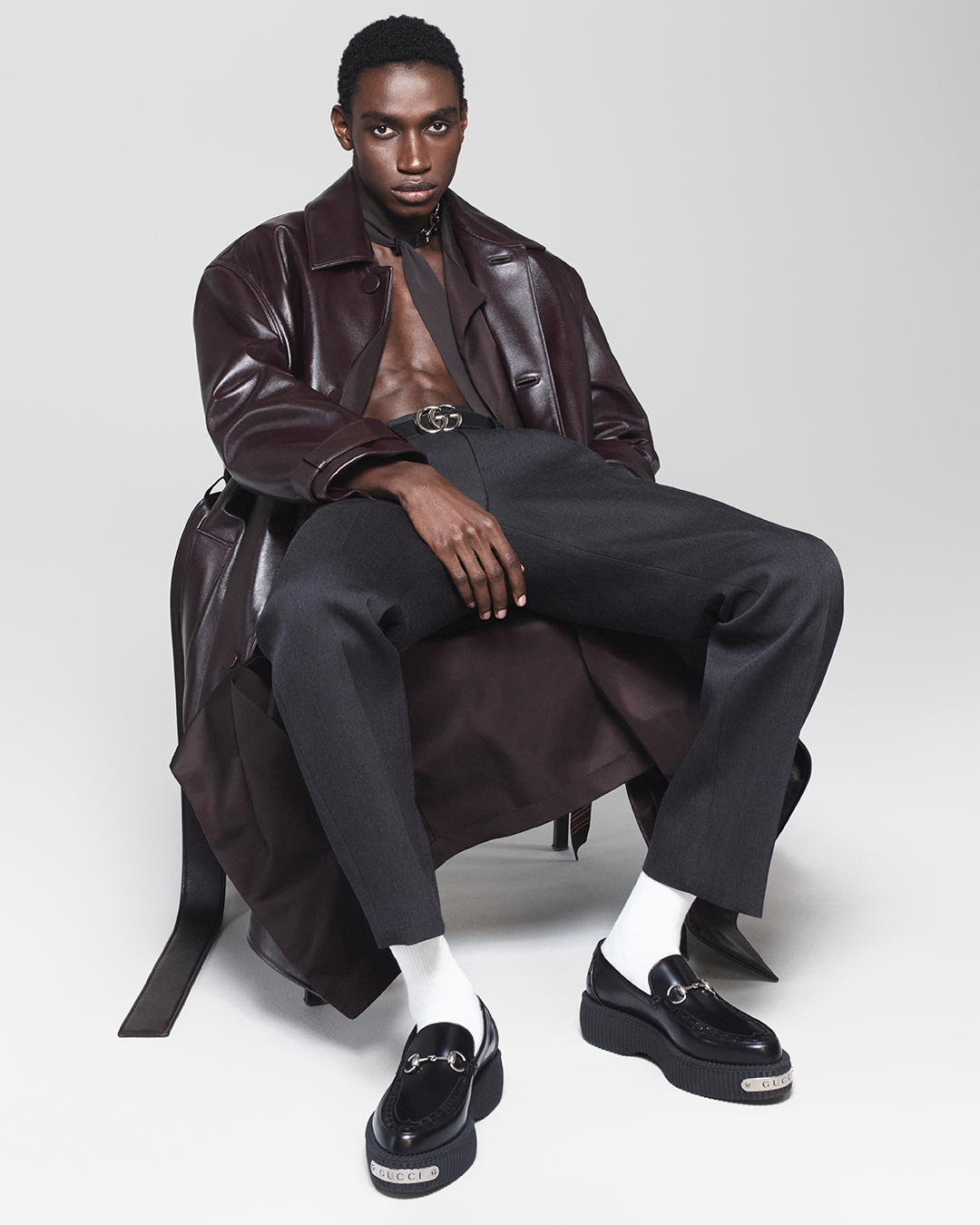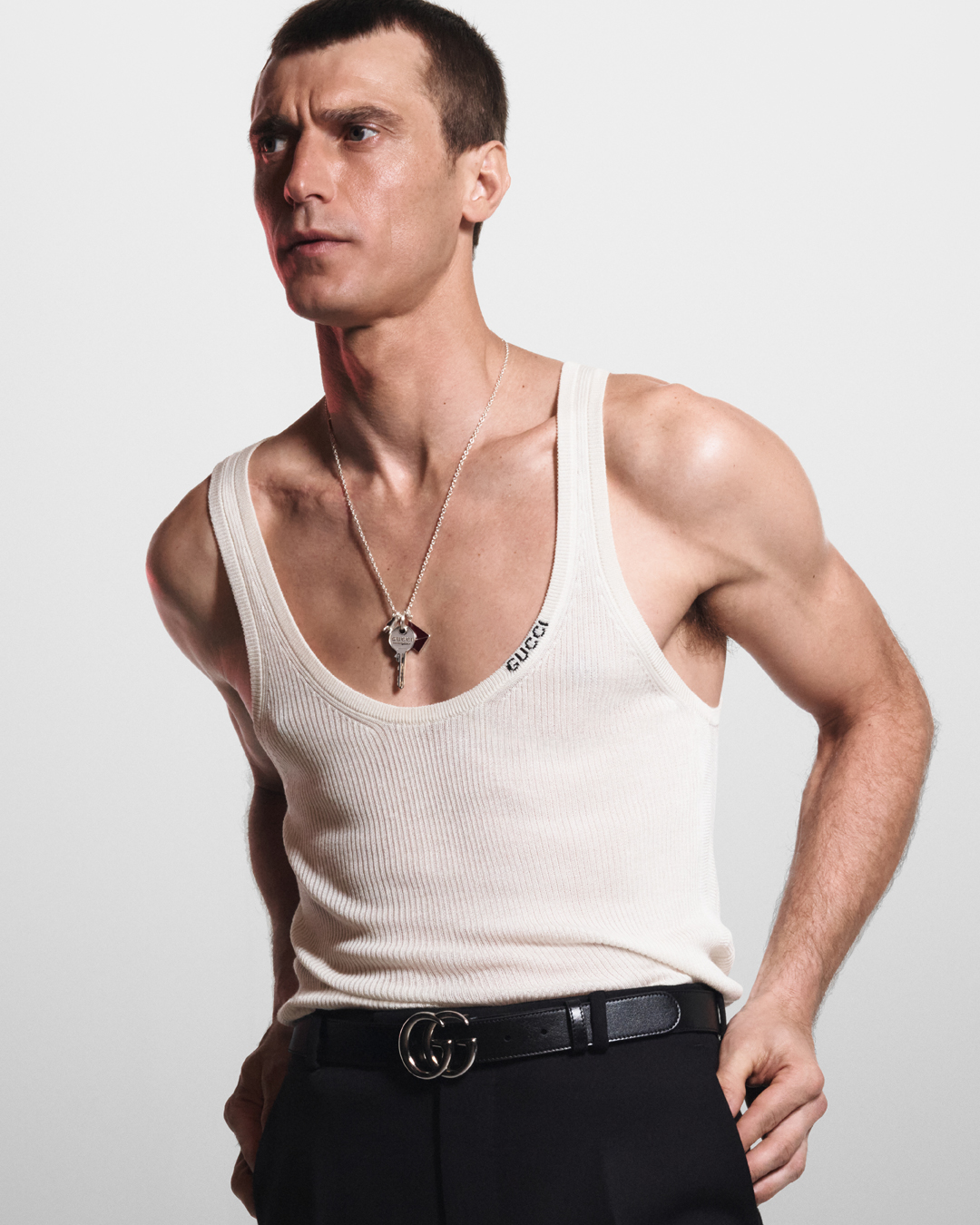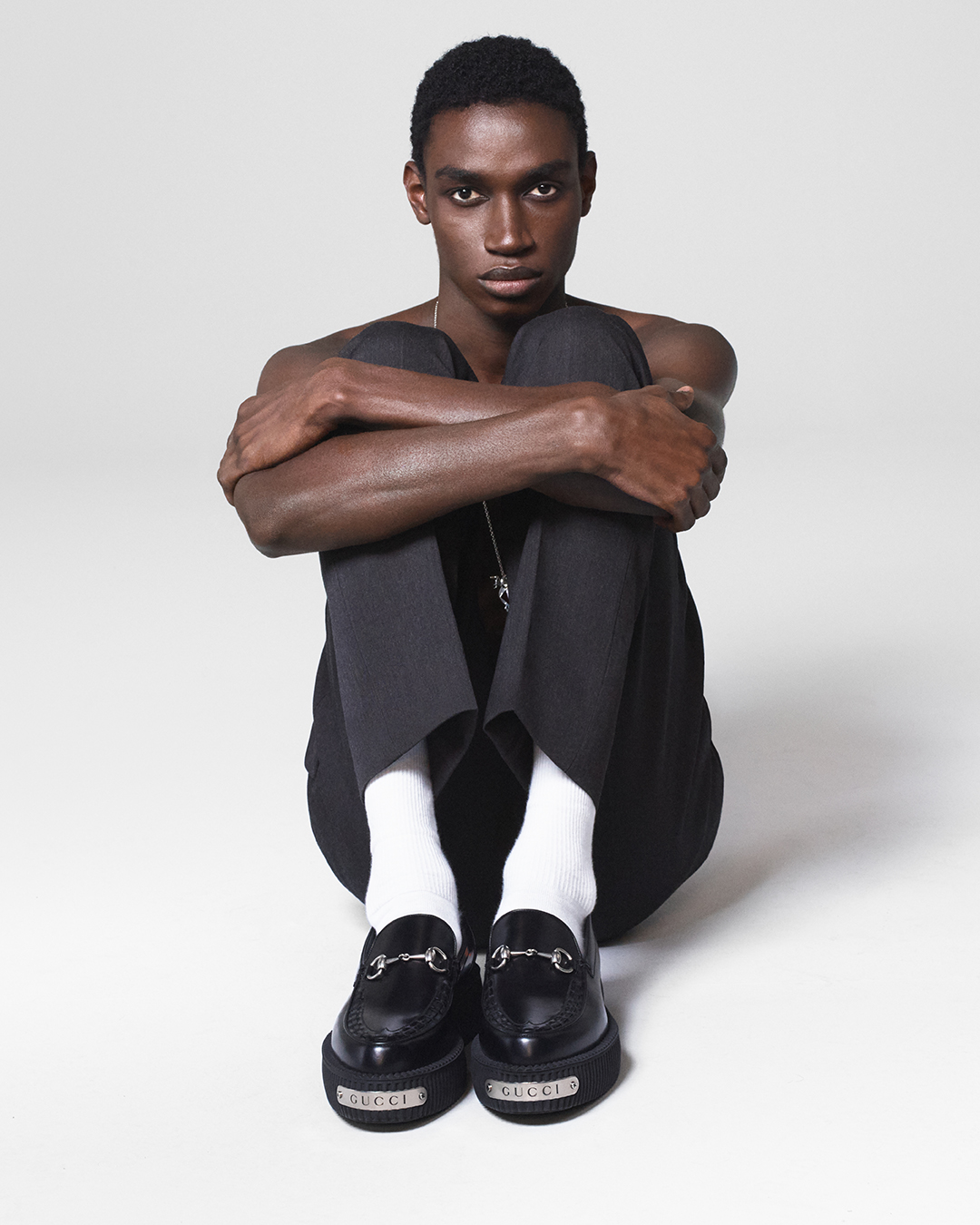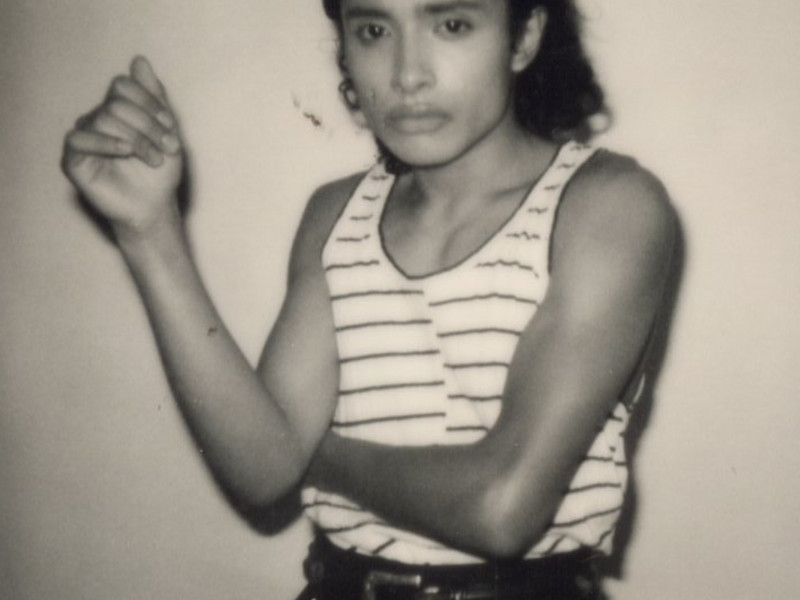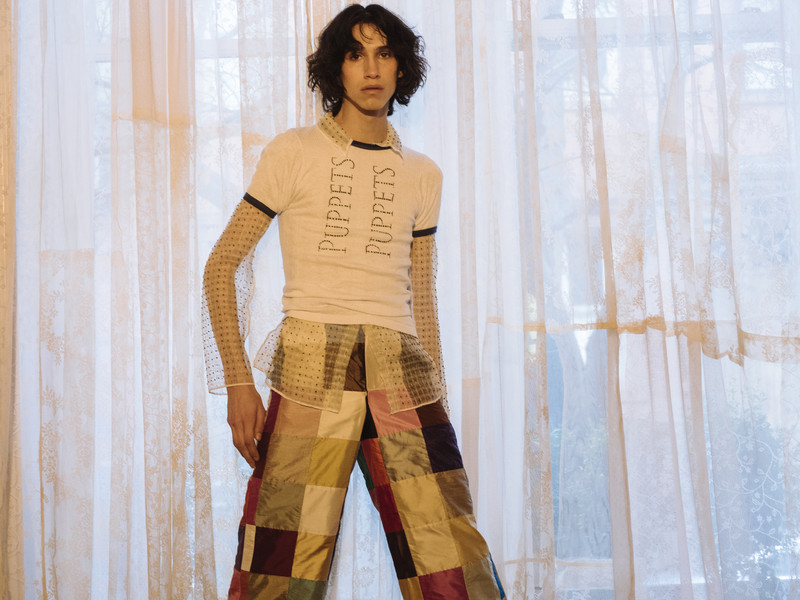The tender, black-and-white images recall Weems' iconic Kitchen Table Series, as well as her first solo exhibition, "Family Pictures and Stories" (1981-1982), a rebuke to negative stereotypes about the African American family. For Weems, this project represented "an important gesture that cannot be understated." "Historically there has been a deep lack of honest representation of the Black family," she says. "It has been distorted for centuries. This was a unique opportunity to say something not just positive, but truthful — not just about Rocky’s own experience, but about how that reflects out to the broader population. In the wake of all the atrocities committed against Black men — particularly because of their masculinity — Rocky can be seen with his children, in love. To be able to speak that authenticity through him was galvanising.” Blazy first encountered Carrie's photography as a student, finding himself deeply moved by its originality, engagement and her longlasting quest for truth. "I am honoured that she has brought her lens and vision to this project with Rocky, exploring fatherhood and what it means today. The images show the realness of Rocky as a father and as a man beyond the public figure. What strikes me first and foremost in the pictures is their intimacy.” Beyond Rocky's interactions with his children, "Portraits of Fatherhood" also brings integenerational images into the frame with Rocky looking through a homemade newspaper comprised of family photos (such as a still life that shows a vinyl produced by Weems, with a cover image of A$AP as a child with his own father)."
Stay informed on our latest news!
